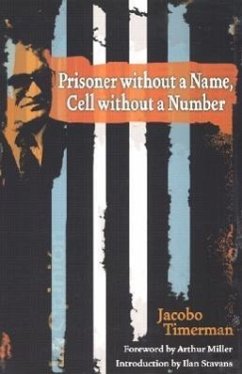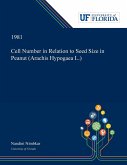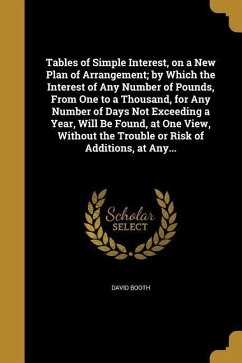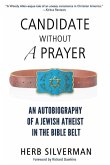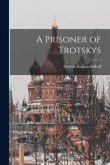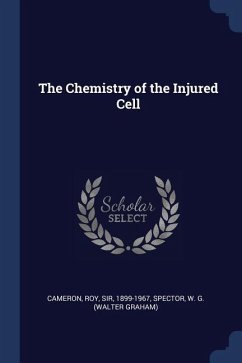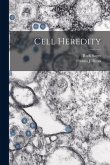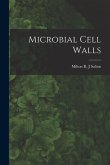"At two in the morning of April 15, 1977, twenty armed men in civilian clothes arrested Jacobo Timerman, editor and publisher of a leading Buenos Aires newspaper. Thus began thirty months of imprisonment, torture, and anti-Semitic abuse. . . . Unlike 15,000 other Argentines, 'the disappeared, ' Timerman was eventually released into exile. His testimony [is] gripping in its human stories, not only of brutality but of courage and love; important because it reminds us how, in our world, the most terrible fantasies may become fact."--New York Times, Books of the Century "It ranks with Hannah Arendt's Eichmann in Jerusalem in its examination of the totalitarian mind, the role of anti-Semitism, the silence."--Eliot Fremont-Smith, Village Voice "It is impossible to read this proud and piercing account of [Timerman's] suffering and his battles without wanting to be counted as one of Timerman's friends."--Michael Walzer, New York Review of Books "Timerman was a living reminder that real prophets are irritants and not messengers of reassurance. He told it like it is, whether in Argentina, Israel, Europe, or the United States."--Arthur Miller
Hinweis: Dieser Artikel kann nur an eine deutsche Lieferadresse ausgeliefert werden.
Hinweis: Dieser Artikel kann nur an eine deutsche Lieferadresse ausgeliefert werden.

